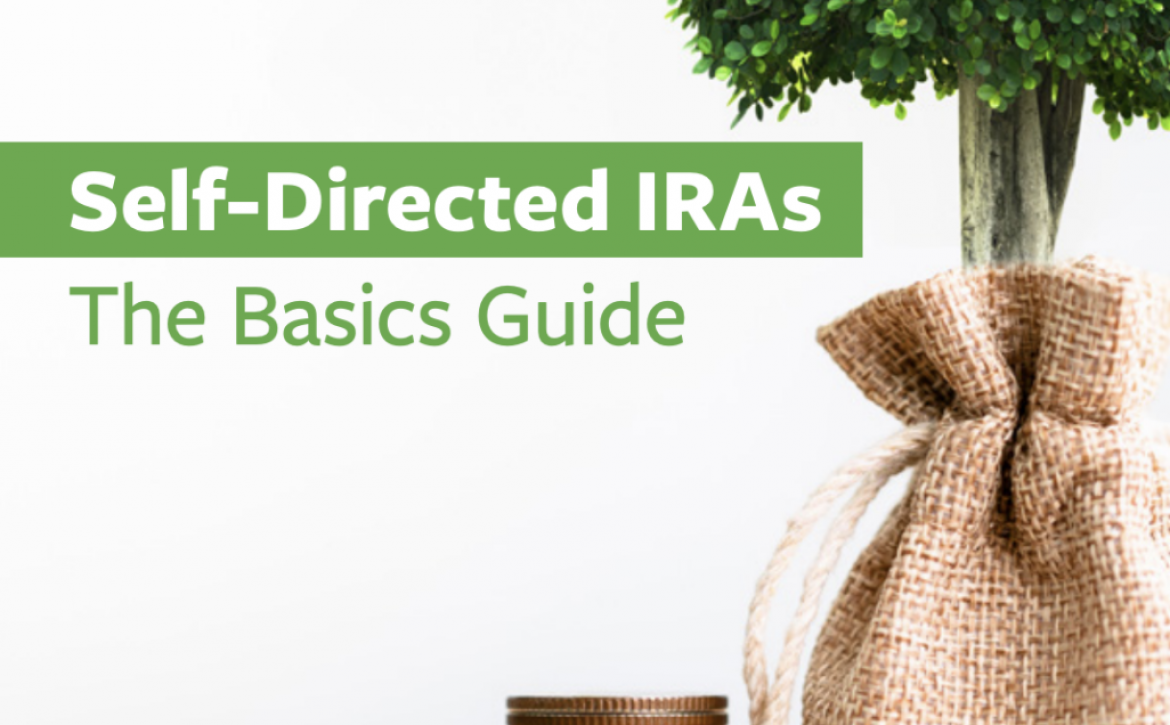Part 2 Of Coastal Capital’s Blog Series: Introduction To Private Mortgages
Why are real estate borrowers willing to pay higher rates to borrow private money also known as a hard money loan? With hard money loan interest rates around 12% plus points added in, the borrower is paying a premium. It’s obvious why this is a great deal for the private mortgage investor/lender and the broker. Why are real estate investors be willing to pay these high rates when conventional mortgage money costs 6-8%? There reasons are many, but generally all tie to four advantages:
Speed of Closing the Transaction
Mortgage money from banking or institutional sources usually takes between 45 and 90 days to fund. Institutional lenders need to not only obtain appraisal of the value of the property. Then, require a detailed examination of the borrower’s credit history and current financial status. Finally, financial statements and tax returns for the property securing the loan are needed. And lastly all other properties, business interests owned by the borrower are examined.
Coastal Capital and other hard money loan lenders can usually complete a transaction within 5 to 15 days. The property value itself is the main criteria used in determining loan eligibility. Less information on the borrower and the borrower’s other properties is required, resulting in a fast approval process. Coastal Capital is protected by lending at a much lower loan to value ratio, 65% is typical vs. 80% – 90% for an institutional lender. Further, private mortgage lenders can make a decision within 24 hours of receiving an application. Institutional mortgage money must receive the approval of a loan committee that may meet twice a month.
Real estate investors often need immediate financing to take advantage of an opportunity to purchase a property below market price. In many cases a motivated seller being forced to sell and the borrower has to act fast and a hard money loan is a good choice. Sometimes its possible for an investor with quick financing to purchase the property at 70-75% of market value. Especially when it’s a foreclosure opportunity. Conventional or institutional financing takes too long (according to Zillow the average is 30 to 45 days https://www.zillow.com/home-buying-guide/how-long-does-it-take-to-close-on-a-house/?106724136213dsa-588695699669459688491291 ).
Real estate investors wanting to take advantage of an opportunity either needs cash liquid or utilize the services of Coastal Capital. With so much profit potential, paying a premium is a small price to pay for completing the transaction. If the real estate investor keeps the property, he can start refinance with conventional money right after closing. If the investor in the above example seasons his property, (owning it for 6 months to 12 months), it often appraises much higher than the purchase price. Then the entire purchase amount can be financed with a conventional mortgage. The end result is the investor owns a cash flowing property with no net money out of his or her pocket.
Sometimes, real estate owners are in temporary financial trouble, and need a loan to avoid losing a foreclosure. At just such a time conventional lenders back away. Coastal Capital can provide refinancing, providing a lifeline to the property owner to avoid foreclosure. This gives time to regroup and reestablish credit then refinance at a later date with conventional financing. So when time is of the essence a hard money loan is often used for:
- Closing on an opportunity when a quick close to purchase a property well below market value; then immediately refinance it through a bank
- To quickly secure a property and remedy cash flow issues in the mid-term to secure a higher appraisal and cash out in six to 12 months
- Save a property from foreclosure and expensive tax liens giving the borrower breathing room
Borrowers May Not Want or be Able to Provide Personal Financial Information
Unfortunately, many borrowers fail to keep good financial records. This is especially true for small business owners. They often manage the businesses financial success based upon the business’s checking accounts balance. Often people are tardy on filing tax returns or accountants are behind in preparing financial statements.
Institutional lenders demand detailed accounting of the real estate investor’s personal and financial life. This is all important and required to the institutional lender. It’s making a loan based upon the credit of the borrower and the value of the property. Not being able to provide complete and detailed personal financial information causes major issues. Often it negates or at least severely delays getting an institutional mortgage. It has no effect on the borrower’s ability to obtain a private mortgage loan.
Many borrowers simply do not want the hassle of filling out applications. Then providing financial documentation, producing profit and loss statements which can be painful. Finally going through credit checks, explaining minor credit issues, and providing tax returns. Many of our hard money loan borrowers buy multiple properties each year. Unless they plan to hold a property for the long term they either use bank pre-approved credit lines or private mortgage financing. This saves time and hassle and provides assurance to the seller that a transaction can be completed on time.
Sometimes life situations dictate the willingness of a borrower to provide details of their financial life. Some of our clients have perfect credit and could have easily secured a much lower cost via conventional financing. However they might be going through a divorce or involved in a lawsuit. Keeping their financial matters private is sometimes the upmost concern. So when financial information or disclosures cause an issue many use a private mortgage. Examples include:
- Borrower cannot produce proper financial documents or is behind in preparing statements and tax returns
- Risk of improper financial documentation delays closing with bank so the borrower chooses private money to ensure closing
- A borrower is unwilling to disclose financial documents due to a myriad of reasons
The Borrower and/or the Property Does Not Qualify for a Conventional Mortgage Loan
This can be anything from low credit scores, already having too many mortgages or the property does not produce a sufficient enough income. Further, the property itself may not support the type of loan the borrower wants. If major repairs or rehabilitation is necessary, institutional investors will not be interested (especially if it’s a small project) and the borrower has an extensive track record. In these cases, a private mortgage may be the only resource to the borrower. At Coastal Capital the borrower’s credit is not an issue.
Professional real estate investors, entrepreneurial individuals who buy, lease, manage, build and sell real estate full time, often reach a point in their career where conventional financing is hard to come by. Somewhere between ownership of four small residential units where qualification is based on personal credit, and ownership of large office buildings where qualification is based on the property’s cash flow, all real estate investors run into a financing problem. They have too many properties to qualify as a small investors but the property’s cash flow won’t qualify on its own strength.
Further, the professional investor will not have a steady income from a job or other verifiable income. It is at this point that the investor must make a decision; take on partners or pay the high interest and fees for private mortgage. Ask any successful entrepreneur and all will saw that borrowing is always less expensive than paying a partner equity (plus all the potential headaches that come along with managing a partnership.) To summarize the reasons why a borrower or a property can’t qualify for conventional financing and borrowers choose a hard money loan:
- Borrower has credit issues or like many entrepreneurs and small business owners cannot provide verifiable income in the form of payroll
- Successful real estate investors often acquire too many properties to quickly and banks are uncomfortable lending to one individual with over five mortgages in their name
- Many investors gladly trade a higher interest rate from a private lender versus taking on a partner and giving up equity in a property
- The property itself may need repairs or upgrades prior to qualifying for conventional mortgage financing
We specialize in private mortgages (hard money lending) over the past 12 years. Coastal Capital’s experience has seen countless iterations of the reasons above in lending situations. We are constantly financing properties just like the borrowers and are comfortable with the scenario. In addition, Coastal Capital is a direct lender and NOT a syndicate. Syndicates issue an approval and then send out the loan to a network of investors hoping to raise the money for the deal. Instead, we are a private fund, where investors pool their capital. Then invest in hundreds of mortgages to diversify across borrowers and properties. We usually close a transaction in a week. So we can’t issue an approval without having the cash to fund the loan.
Coastal Capital built its stellar reputation since 2007 with borrowers and brokers by following through and closing on time. You can count on Coastal to put a smile on your borrower’s face. Please visit us at CoastalCapital.com to learn more.





